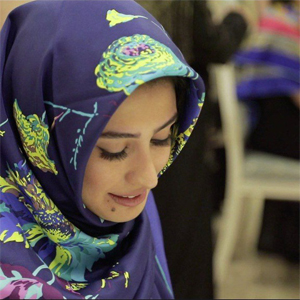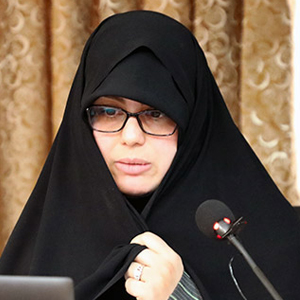FREE
About Day of Mercy
“Day of Mercy” sheds light on an important event in the history of Islam, the conquest of Mecca. On that special day, humankind saw one aspect of Prophet Muhammad’s mercy to mankind.
[Verily you have in the prophet of Allah an excellent model, for him who fears Allah and the last day and who remembers Allah] (33:22 Holy Quran)
In today’s world, about half a century ago, certain principles- called International Humanitarian Law IHL- were developed to prevent excessive violence in wars and to protect the rights of innocent humans. The worthiness of these principles depends on their observance by those in power.
- Principles of humane treatment and non-discrimination based on race, nationality, color, language, and …
- Principle of distinction between combatants and military objectives, and civilians and civilian objects
- Principle of hindering attacks with no justifying reasons
- Principle of goodwill and application of peaceful methods for settling differences
Series Posts
Categories Featured, Watch
Tags: Conquest of Mecca, Human Rights & Islam, Islam & Peace, Islam & Violence
Cast and Crew
Negin Ghaderian

Nahedeh Ansarin
Researcher
Nafiseh Daneshfard
Sayed Mostafa Sayed Rezazadeh
Hamara Studio
Facebook
Twitter
LinkedIn







Reviews
There are no reviews yet.